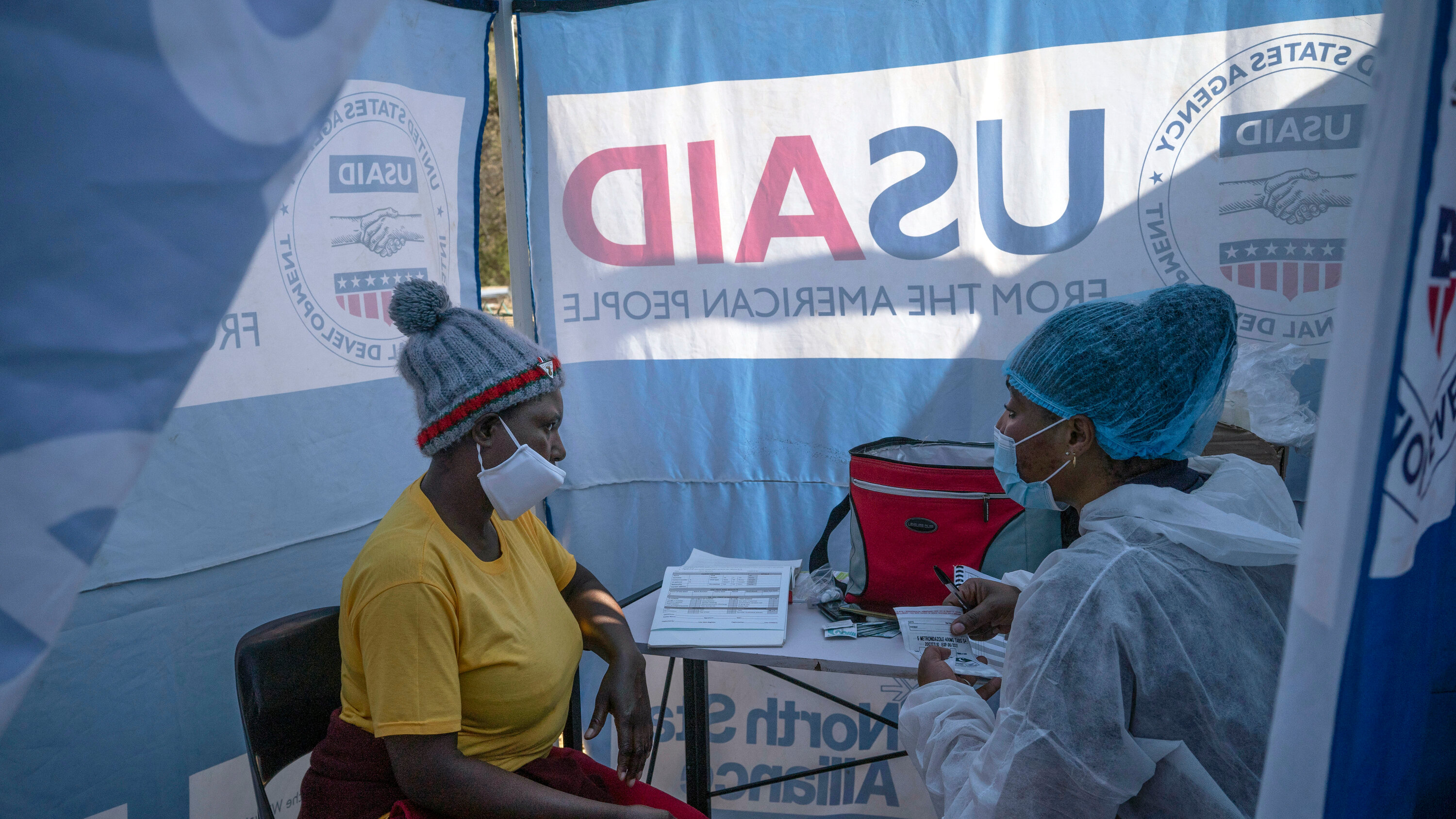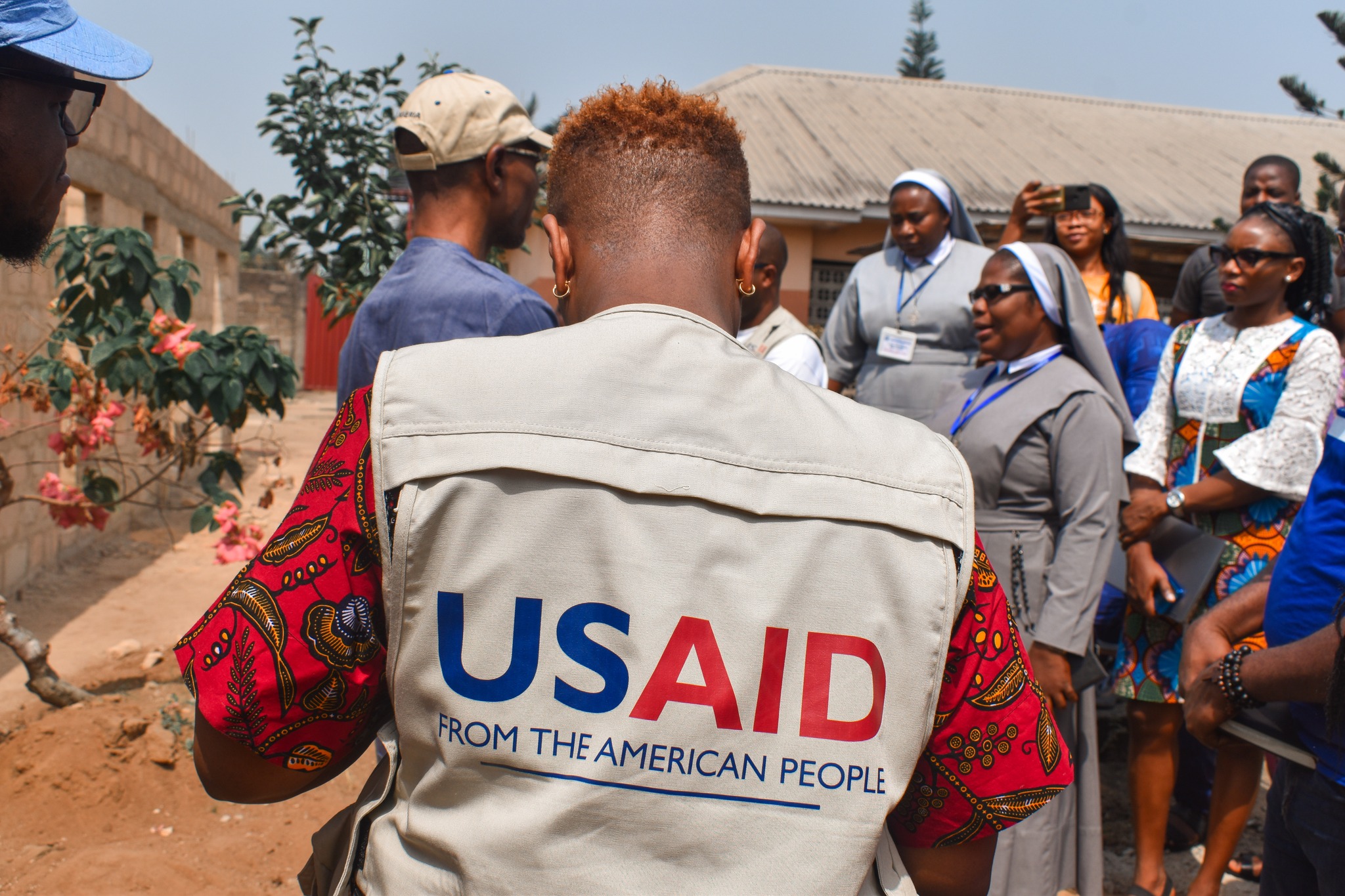
Millions of contraceptives intended to support women across Africa are reportedly sitting idle in warehouses and are at risk of being destroyed due to delays and funding cuts from the United States government.
- Millions of contraceptives intended for Africa are at risk of expiration due to U.S. government delays and funding cuts.
- The supplies, valued at $11 million, include various contraceptive tools meant for low-income countries.
- The delayed distribution may lead to increased health risks and strain on the healthcare systems in Africa.
A former US official and aid worker revealed that the contraceptives, valued at around $11 million, include condoms, birth control pills, implants, and intrauterine devices (IUDs), which were originally intended to help women in low-income countries, particularly in sub-Saharan Africa, avoid unplanned pregnancies and protect themselves from sexually transmitted infections like HIV.
However, the supplies are now stuck in storage facilities in Belgium and Dubai. According to sources at Reuters, the U.S. The Agency for International Development (USAID) has decided not to pay for their delivery and is no longer donating them as part of foreign aid programs.
This delay stems from policy changes implemented by the former U.S. President Donald Trump, who reduced foreign assistance under his “America First” approach:
USAID gives update
A recent internal memo from USAID, dated April, highlighted the urgent need to transfer the stock to prevent waste and minimize further costs.

Despite this warning, a concrete plan has yet to be announced. With each passing month, the contraceptives edge closer to expiration.
A senior U.S. State Department officials further confirmed that the contraceptives remain in storage, but no final decision has been made regarding their fate. The situation, according to the US official, is both frustrating and urgent for many health workers and aid groups.
Another former USAID official said the stalled shipment represents nearly 20% of all contraceptives the U.S. usually donates each year, adding that if no solution is found soon, the entire stock could be destroyed, at a cost of hundreds of thousands of dollars.
“These supplies were meant to help women who have little or no access to family planning—girls fleeing conflict, mothers in refugee camps, and young women at risk of early pregnancy,” one source said.
“The condoms in the shipment were also meant to help prevent the spread of HIV, which continues to impact millions across the region.” It added.
Karen Hong, head of supply chain at the United Nations Population Fund (UNFPA), said her team is already working on an alternative plan.
“We cannot dwell on an issue for too long; when urgency and clarity don’t align, we have to move on,” she said.
Health experts warn that if the delay persists, Africa may see a surge in unplanned pregnancies, increased health risks for young girls, and added pressure on the already overburdened healthcare system.
Olamilekan Okebiorun












